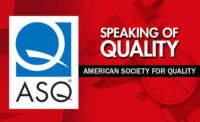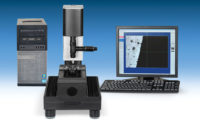Just prior to the release of the letter from the Big Three, DaimlerChryler issued its own letter stating that the company will require its suppliers to register to ISO/TS 16949 by July 1, 2004. The letter, distributed by Gary C. Valade, executive vice president, global procurement and supply, states, "DaimlerChrysler is a global supplier of vehicles to the world. It only makes common sense that DaimlerChrysler should require its suppliers to adhere to a global management system requirement. There are no plans to rewrite VDA 6.1 and QS-9000 to adjust global changes in quality requirements."
During 1994, the Big Three released a harmonized set of requirements for their suppliers' quality systems, called QS-9000. European car manufacturers developed similar standards for their suppliers, during the early 1990s. In Germany, VDA, the Association of the German Automotive Industry, released a standard called VDA 6.1. Similar standards were released by the French and Italian automotive industry associations.
TS 16949 incorporates much of QS-9000, as well as many requirements from the European automotive standards.
The globally recognized standard requires increased supplier management commitment to quality system improvement and performance measurements based on data and full process reviews.
According to a combined statement from DaimlerChrysler, Ford and General Motors, the benefits of ISO 9001:2000, TS 16949 include:
- Improved and consistent registrar oversight and auditor training
- Process-based audits focusing on customer satisfaction
- Global acceptance of the standard in place of three European standards and QS-9000
- Incorporation of improvements learned through the implementation of QS-9000.


